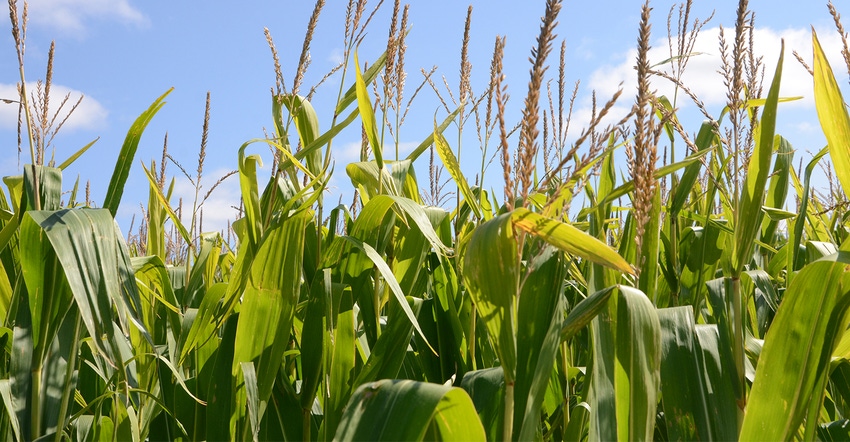
Recently we ran a story online about a new effort by one communications firm to create an open and collaborative environment to help promote checkoffs and enhance idea sharing across those programs. You might ask about the value of such an effort and what that may mean for these programs; but for some of you, there may be questions about the continued role of the checkoff at all.
As long as I have written in agriculture, there has been some form of checkoff for different crops and livestock. These are programs that take a percentage or a few cents from every commodity sold and put it to work to do several things. This is more than an advertising program like “Beef. It’s What’s for Dinner,” though that has been successful; these are farmer-led organizations supporting coordinated efforts aimed at expanding markets, developing new uses and better understanding the needs of the end consumer.
All of that is aimed at boosting demand for these products; and, dear reader, in the world of the commodity, demand is the secret sauce that can bolster prices.
The collaborative effort I mentioned is known as ultimatecollaboration.org, and it aims to bring coordinated sharing of market research, product research and other ideas to a central place. The program wants farmers to share their stories about how the checkoff for their specific commodity makes a difference in their farm business.
And these long-standing checkoff programs have also grown to be a key source of university research funding as federal spending for scientific discovery has declined. This is important. It was checkoff money that funded the early work on Group 0 soybeans and helped expand acreage of this important protein crop. Checkoff funding also helped create new products, including biodiesel that can significantly boost demand for crop-oil use. Sure, a lot is made from soybean oil today, but any crop oil can make biodiesel — and that will be important in the future. The beef checkoff has helped fund work to find new cuts of beef that expand demand, too.
Monitored at work
Checkoff programs have limits. They are managed by USDA and are prohibited from lobbying. They are solely focused on ways to enhance market opportunities and demand. One area that’s getting greater attention is consumer research. For directly consumed products like apples or mangos, that is important, but it’s a growing issue for corn, soybeans and wheat, too. What do consumers know about the tech involved in today’s agriculture? These groups are rallying to show that today’s farms need the high-tech tools from big data to biotech to succeed, and they’re working to share those stories with a growing group of curious consumers who need to know what’s going on down on the farm.
There are some that question the work of checkoff programs. There are legal squabbles — and in many cases, there is a lot of money involved. When you collect a few cents in billions of bushels there is cash for the work, and different groups question how the money is spent.
Overall that’s a healthy thing, but a strong commodity organization can be a wonderful thing when trouble happens. And beyond the research and market work of checkoff groups, farmer-supported member organizations make a difference, too. These are the groups that can lobby and represent the industry.
If you’re reading Western Farmer-Stockman, you are likely turning over some cash to a checkoff; how is it being spent? Best answer on that is to get involved in your state association, know what’s going on at the national level and raise your voice if you want change. But knowing what these groups are doing today is an important first step.
About the Author(s)
You May Also Like




